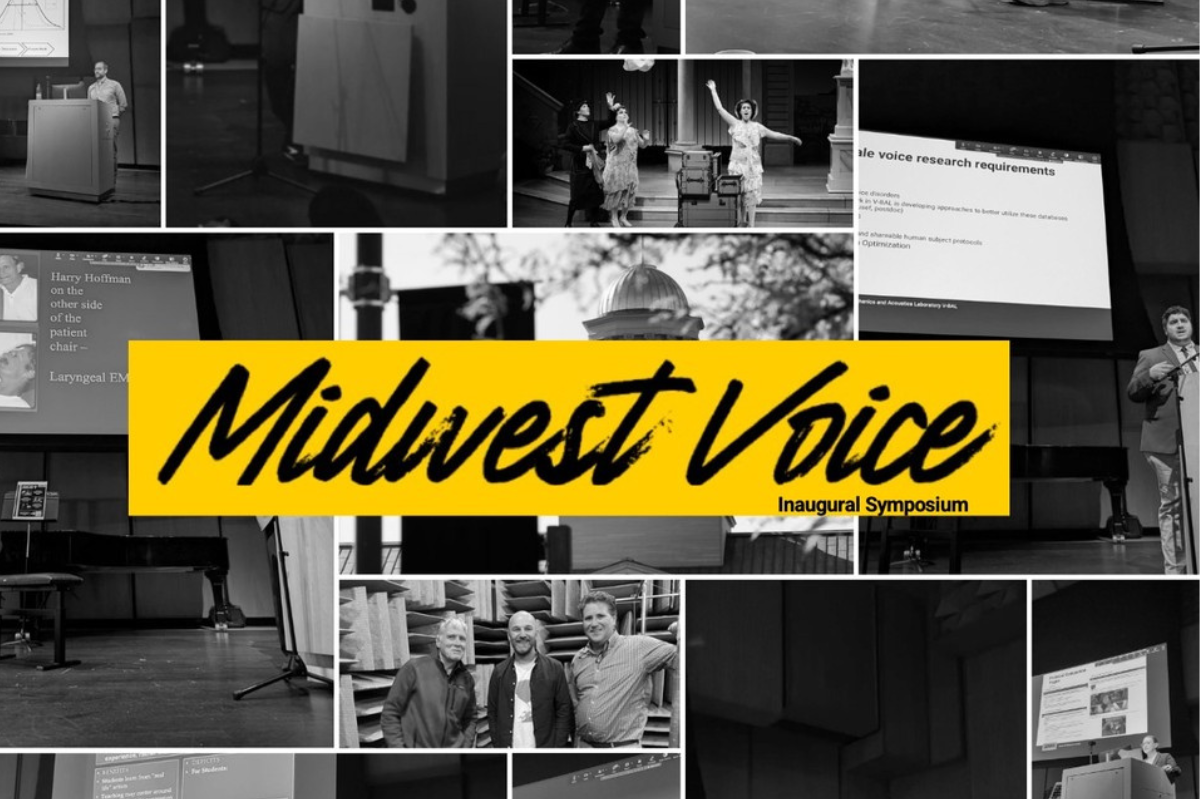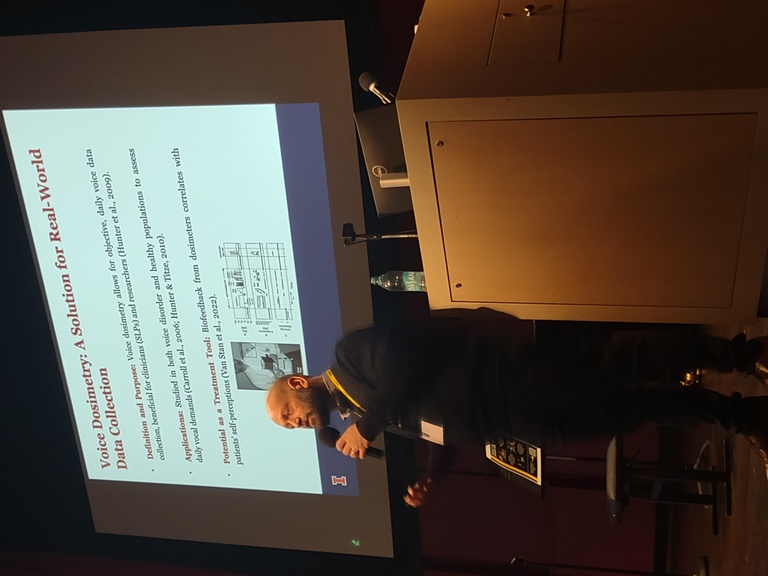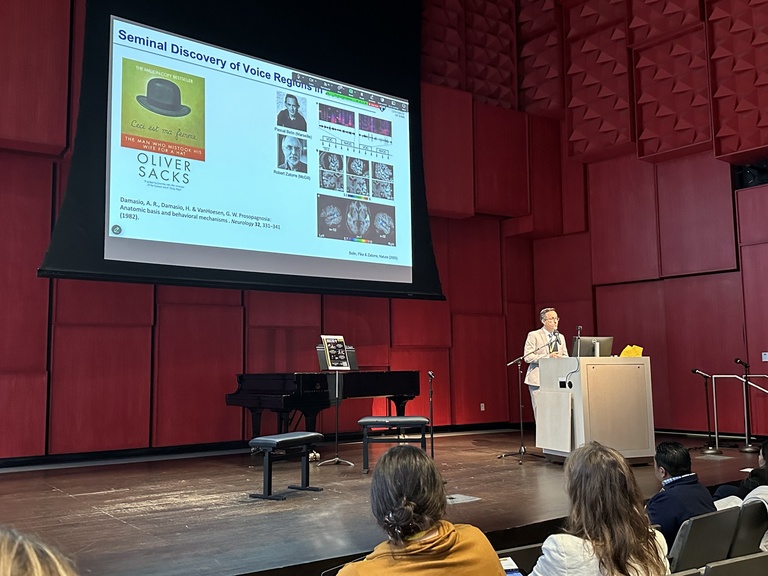By Emily Delgado
The Department of Communication Sciences and Disorders and the School of Music — both housed in the College of Liberal Arts and Sciences — collaborated to bring together speech and voice specialists from across the country during the inaugural event called Midwest Voice.
The daylong conference was held in Iowa City in November and was dedicated to the science, health, and art of the performing voice. Eric Hunter, professor and chair of the Department of Communication Sciences and Disorders, and David Meyer, assistant professor in the School of Music, hosted the conference.
“Voice has a long history here in Iowa and the Midwest. Part of that history is a very applied approach to understanding and translating the information from one domain to another,” Hunter said. “The Midwest Voice 2024 Symposium really showed a comprehensive and interdisciplinary approach to the study and care of the voice, bringing together researchers, clinicians, and educators.”
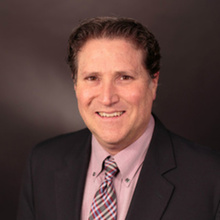
More than 70 people attended who traveled from across the country to share their research. The event, which was open to professionals and students, was held in person and offered a Zoom option. Participants heard from keynote speakers, networked with other professionals, and attended an opera concert at the Coralville Center for the Performing Arts.
“The College of Liberal Arts and Sciences at the University of Iowa has an amazing history in the art and science of the voice,” Meyer said. “For many years, every major opera house boasted of School of Music singers, and many of the most pivotal figures on 20th century speech-language pathology were from the University of Iowa.”
The conference was a great way for both Meyer and Hunter to show off the work their respective programs and faculty are working on, as well as showcase the interdisciplinary collaborations in CLAS.
“There are more voice research projects underway at the University of Iowa than at any other institution I’m aware of,” Meyer said. “There is a lot of interdisciplinary work being conducted in Iowa to help us better understand the art and science of the human voice. Midwest Voice was a wonderful mechanism for showing off this work.”
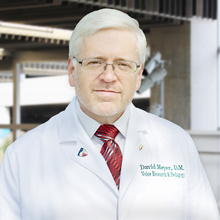
The conference included many parts of voice and speech research but there were four main themes, according to Hunter:
Voice science research and its applications
Voice disorders: Prevention, identification, and treatment
Voice pedagogy and training
The interplay of voice, acoustics, and technology
Meyer hopes every person who attended the conference took away how practical it is to integrate scientific practices and findings into the everyday lives of singers and speakers.
“Taking the advances of the science and directly applying them — in a speech or voice therapy session, or in a singing voice lesson — is what we are excited about,” Meyer said. “Helping our scientific knowledge have a real effect on the lives of people whose voices aren’t always functioning as they would like. And this was the focus of the conference.”
